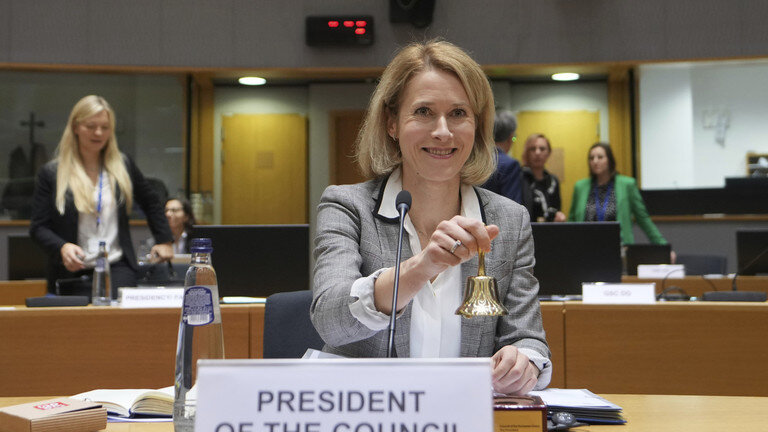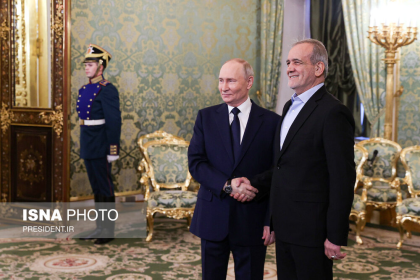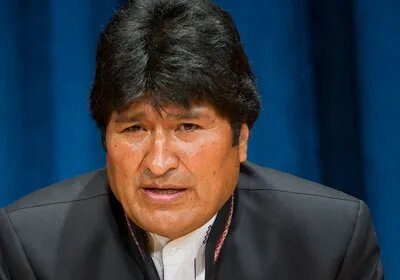The European Union rejected the lifting of sanctions against Russia
At the same time as the possibility of Hungary vetoing the extension of Russian sanctions, Kaya Kalas, the head of EU foreign policy, said that there is no reason for the EU to abandon the “lever” of its sanctions against Russia.
According to Isna, Brussels has applied 15 rounds of restrictive measures against Moscow since the escalation of the conflict between Russia and Ukraine in February 2022. However, extending the sanctions from January 31 requires a unanimous vote from all EU member states.
According to Arti’s report, Kalas said: “We definitely need sanctions.” This is our leverage and it would be very strange to give it up. Things have not changed. Russian President Vladimir Putin has not changed his goals and nothing has changed on the ground. Therefore, there is no basis for lifting the sanctions.
At the same time, Hungarian Prime Minister Viktor Orbán has refused to commit to extending the sanctions until he can talk to US President-elect Donald Trump. In his weekly Hungarian radio interview on Friday, Orban argued that the European Union must adapt to the fact that “a new era is beginning” with Trump back in the White House.
He said: “The time has come to throw sanctions out of the window and establish a system of sanctions-free relations with Russia.” It’s a long way, but we have to work on it.
For now, however, “the signs coming from Brussels are not encouraging,” Orban added.
Trump initially pledged to end the Russia-Ukraine conflict as soon as he takes office, but recent statements from his team suggest a longer timeframe.
Callas said: “However the negotiations go, if the sanctions are lifted, we will be in a much weaker position. “I also don’t think it’s in America’s best interest now to drop the sanctions.”
President Joe Biden’s administration has attempted to “support” the sanctions by moving some targeted individuals and entities from an executive blacklist to a list approved by Congress, with the goal of making it harder to lift. It is them. Kalas was the prime minister of Estonia before being named EU foreign policy chief last fall. Along with two other Baltic countries and Poland, he took a tough stance towards Russia and in support of Ukraine.
Meanwhile, Orban, who has called for peace talks, has refused to provide any weapons or ammunition to Kiev or allow military equipment to be sent through Hungarian soil. EU leaders are concerned that Russia could recover almost 200 billion euros ($205 billion) in frozen assets of Belgium-based central bank Euroclear if Hungary manages to get sanctions to expire. The bloc is reportedly considering whether the Belgian king could invoke a 1944 decree to prevent any transfer of assets from the country, putting Belgium at legal risk instead of the EU.
end of message
News>RCO NEWS
RCO


















